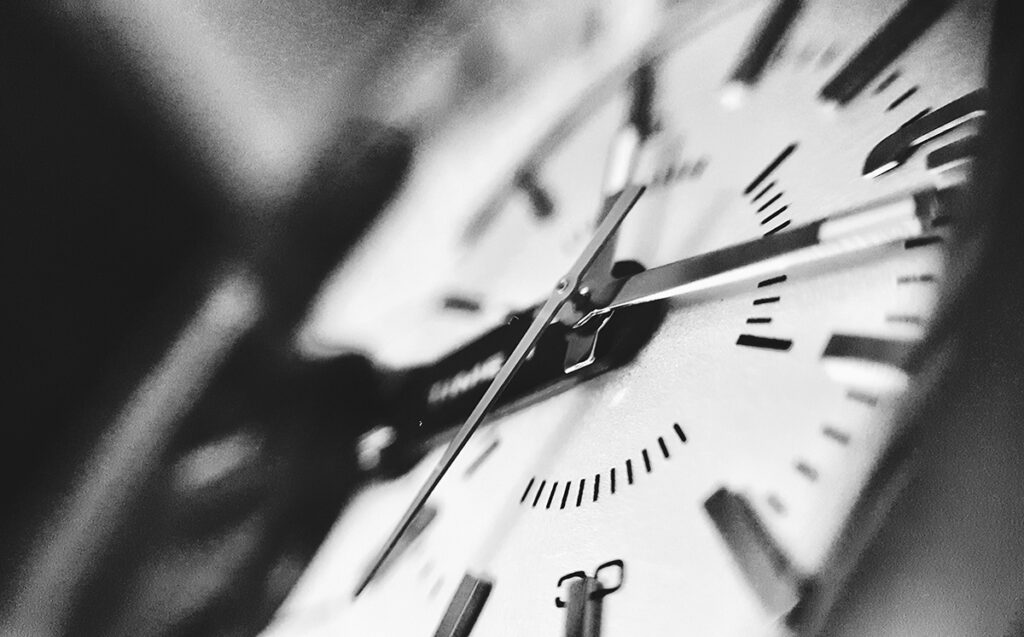Everyone knows that you can’t buy happiness. But is what everyone knows true? Can you buy happiness? While traditional maxims and proverbs might make black-and-white statements about money and happiness, scientific research — as it often does — introduces shades of gray to the issue.

Writing for Inc.com, Jeff Haden looked at a variety of research to get the latest take on the subject. He found that “A study published in Academy of Management Review found that people who value material possessions over relationships or personal growth report greater anxiety and lower life satisfaction.
“A study published in Journal of Consumer Research found that buying things with the goal of being happier actually leads to ‘chronic dissatisfaction.’
“A study published in Journal of Economic Psychology found that ‘retail therapy’ is linked with regret and lower life satisfaction.”
That’s also where nuances enter the scene. Isn’t there anything that you can buy that will make you happier? Actually, yes, there is: Time. “In a 2017 study published in Proceedings of the National Academy of Sciences,” Haden writes, “researchers surveyed thousands of people who sometimes paid other people to perform tasks they didn’t enjoy or didn’t want to do. Think cutting their grass. Cleaning their house. Running errands. Things the participants needed to do, but didn’t particularly want to do.
“It should come as no surprise that people who spent a little money to buy a little time were happier, and felt greater overall life satisfaction, than people who did not.”
Once again, nuances affect conclusions. If someone has a lot of money — has dedicated their life to getting rich — aren’t they going to be even happier because they have a lot of money to buy a lot of time? The research indicates not. Fortunately, you don’t have to spend a lot of money to increase your happiness. Someone solidly middle class (defined in 2025 terms as having an annual income of about $100,00) increases their happiness just as much as a wealthy person when they spend a little money to have a job done that they didn’t want to do.
Research results get even more interesting, because spending a lot of money can actually work against happiness. If someone spends too much money having other people perform daily tasks, they can actually if unconsciously develop a belief that they are not capable of performing those tasks. That can lead to subtle types of insecurity. Not many people, of course, have to worry about having people handle all their daily chores — that really would take a lot of money most middle class people don’t have.
But there is something else to watch out for. Ask anyone who pays for child care if they have nothing but time on their hands. Of course not — they’re still quite likely to feel overwhelmed and overextended because life is still full of demands. Sure, their kids are being taken care of a couple of hours a day but that pattern (and time savings) is now built into a still-busy schedule.
The trick to turning the purchase of a little time into a slice of happiness is awareness. “The key to buying a little time,” Haden writes, “is to consciously decide how you will use the time you ‘purchased.’ Buying time will make you happier only if it feels intentional and purposeful: not because you don’t have the time, but because you want to use the time you have in a different way.
“Instead of cleaning your house, you might decide — again, for buying a little time to make you happier, you have to make a conscious decision, and act on that decision — to spend the time you freed up with family or friends. Or working on a side project. Or reading. Or working out. Or pursuing a personal goal.”
As with so many things, mindfulness makes all the difference. Be aware of your choices and consciously act according to your values. Happiness will be a side effect.